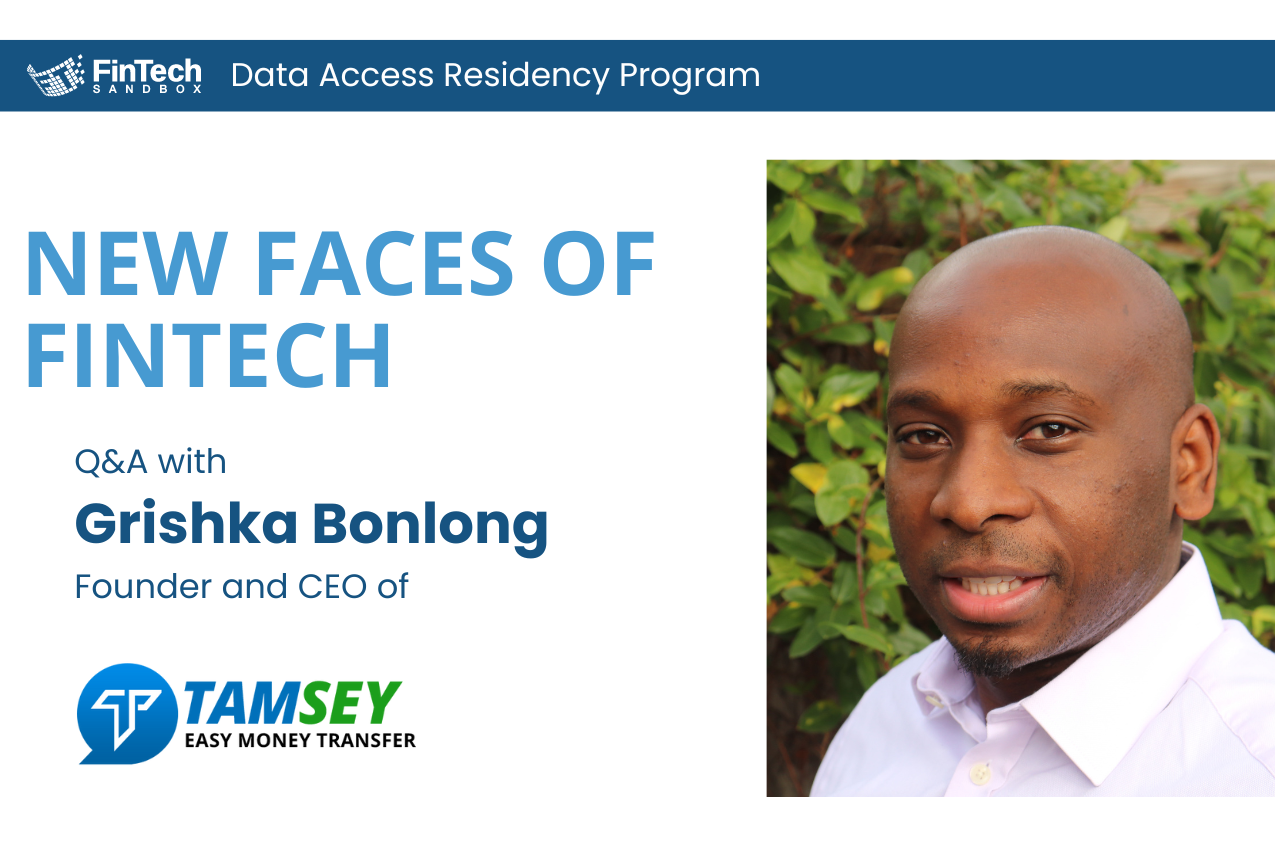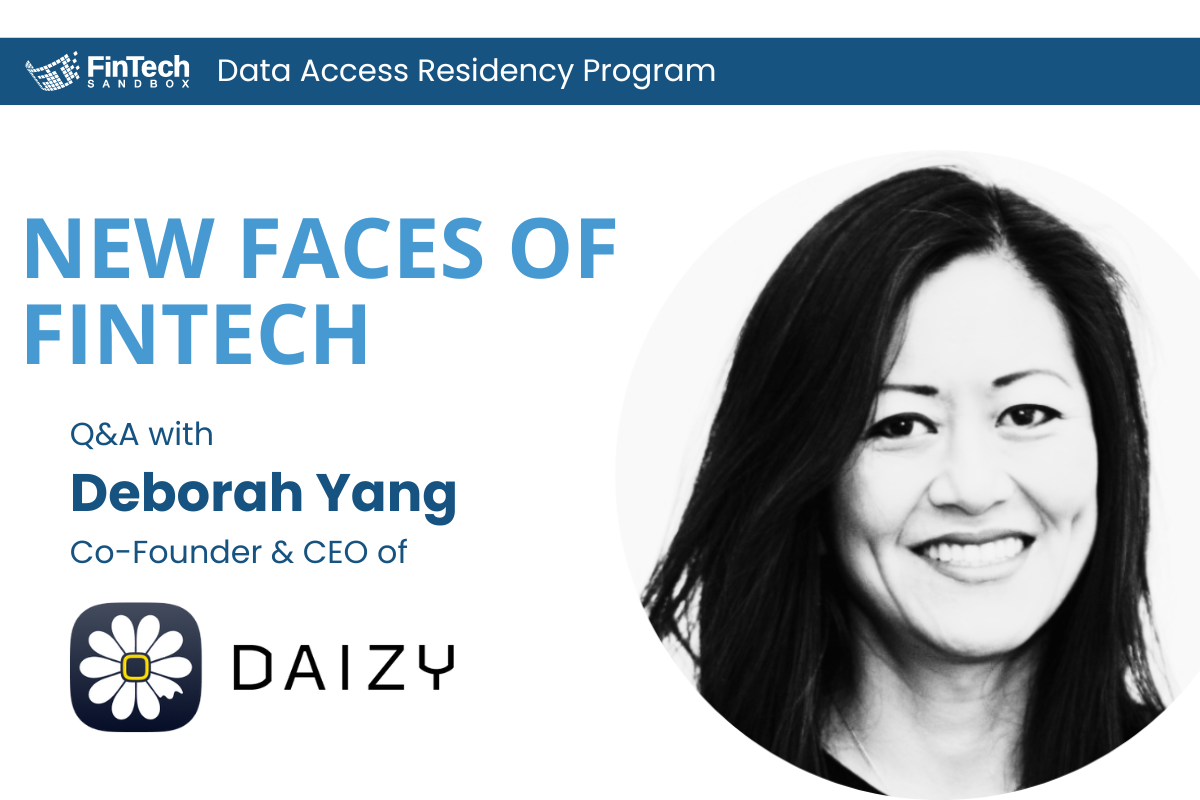In this ongoing series of blog posts, we are introducing you to some of the sponsors, partners, advocates, and entrepreneurs who make up the unique Fintech Sandbox community, and without whom our small team could not provide fintech startups with access to critical data and resources, entirely for free.
Raul Peralta is CEO of Kaleidoscope which offers a powerful securities research platform that automatically surfaces business intelligence from SEC and SEDAR filings. Kaleidoscope uses data visualization technology and AI to help corporate executives and professionals in many industries make better data-driven decisions.
And Kaleidoscope is now our newest data partner, providing API access to a wide range of pre-defined and searchable securities datasets that have been extracted and aggregated from registered US and Canadian filings, including public companies, investment companies, funds, investment advisors, and US insiders.
Question #1: Raul, as a startup, Kaleidoscope took part in the Fintech Sandbox Data Access Residency in 2018. What was that like for the company?
Fintech Sandbox and its initial acceptance was crucial for our success. We received connections and data that we wouldn’t have had access otherwise and that were vital to fast track our product. From day one we also received plenty of support and mentoring as we worked to grow our product. The team has always been ready to help in any way they could and for an early startup that meant a lot for us.
#2: What made you want to become a data partner?
Early on because of the amount of support we received from Fintech Sandbox and its very nature, we knew that at some point we wanted to be able to give back to the community. We noticed there was a small gap on the data being provided to early startups and realized that this was the opportunity for us to jump in and help as much as we could.
#3: What fintech problem has your attention right now?
I know there is a lot of focus on Diversity and Inclusion within the industry. As it relates to me is all about Shared Collaboration. Fostering collaboration between fintech startups and traditional financial institutions is important. Collaboration can and will always lead to the creation of innovative solutions that combine the best of both, the agility of startups with the stability and resources of established institutions.
#4: How is Kaleidoscope using AI?
AI is very important on our industry and because of it we have and are investing heavily in it. In data extraction we use our in-house models to process and extract data from the vast amounts of text we have from filings, and we continue to refine them to get better metadata from the filings. We are also releasing soon our own chat-like agent using our data and models for clients to be able to use when looking for information from filings.
#5: If you could change one thing about the fintech ecosystem, what would it be and why?
If I could change one thing about the fintech ecosystem, I would focus on enhancing transparency through the use of AI. Transparency is essential for building trust and ensuring that users have a clear understanding of how their financial data is being used. By leveraging AI, fintech companies can provide users with more detailed insights into their financial activities, such as spending patterns, investment performance, and potential risks.
Bonus question! What’s the best career or life advice you’ve received?
Oh, the one advise I always keep thinking of and it helps in life and my career is from my father. “ …. There is ALWAYS room for improvement.” It’s funny because as we accomplish goals here at Kaleidoscope or just anything in life really, I just keep thinking well that’s great BUT … and it just motivates me to do more.
Another bonus question! What is the most interesting thing you’ve read recently?
I read all sorts of books, articles, etc., plus I enjoy listening to quite a few podcasts as well. But one that I just read recently and really enjoyed was “The Mysterious Case of Rudolph Diesel”. I knew about Diesel briefly, but the way this book was written it kept me engaged from the beginning to the end, maybe it’s the combination of the historical information but combined with a murder mystery that just kept me reading it to get to the ending fast.
# # #

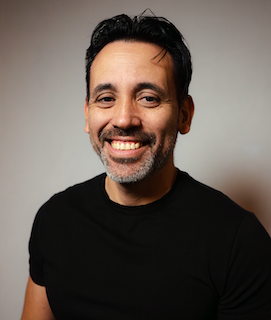
![Meet Moffin — A Demo Day[s] 10 Presenting Startup](https://www.fintechsandbox.org/wp-content/uploads/2024/03/Moffin_Blog_Founder_Header.png)
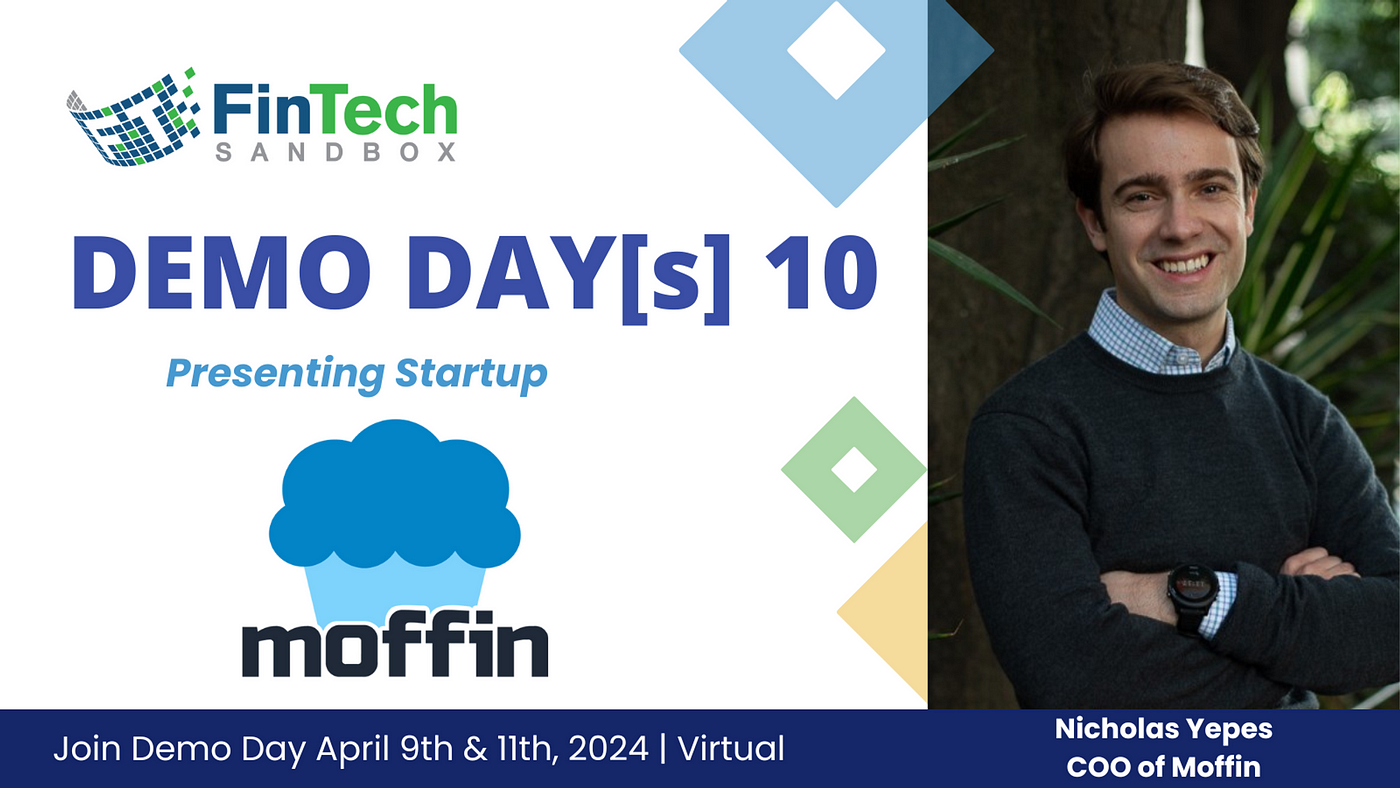
![Meet Hansa — A Demo Day[s] 10 Presenting Startup](https://www.fintechsandbox.org/wp-content/uploads/2024/03/Hansa_Blog_Founder_Header.png)
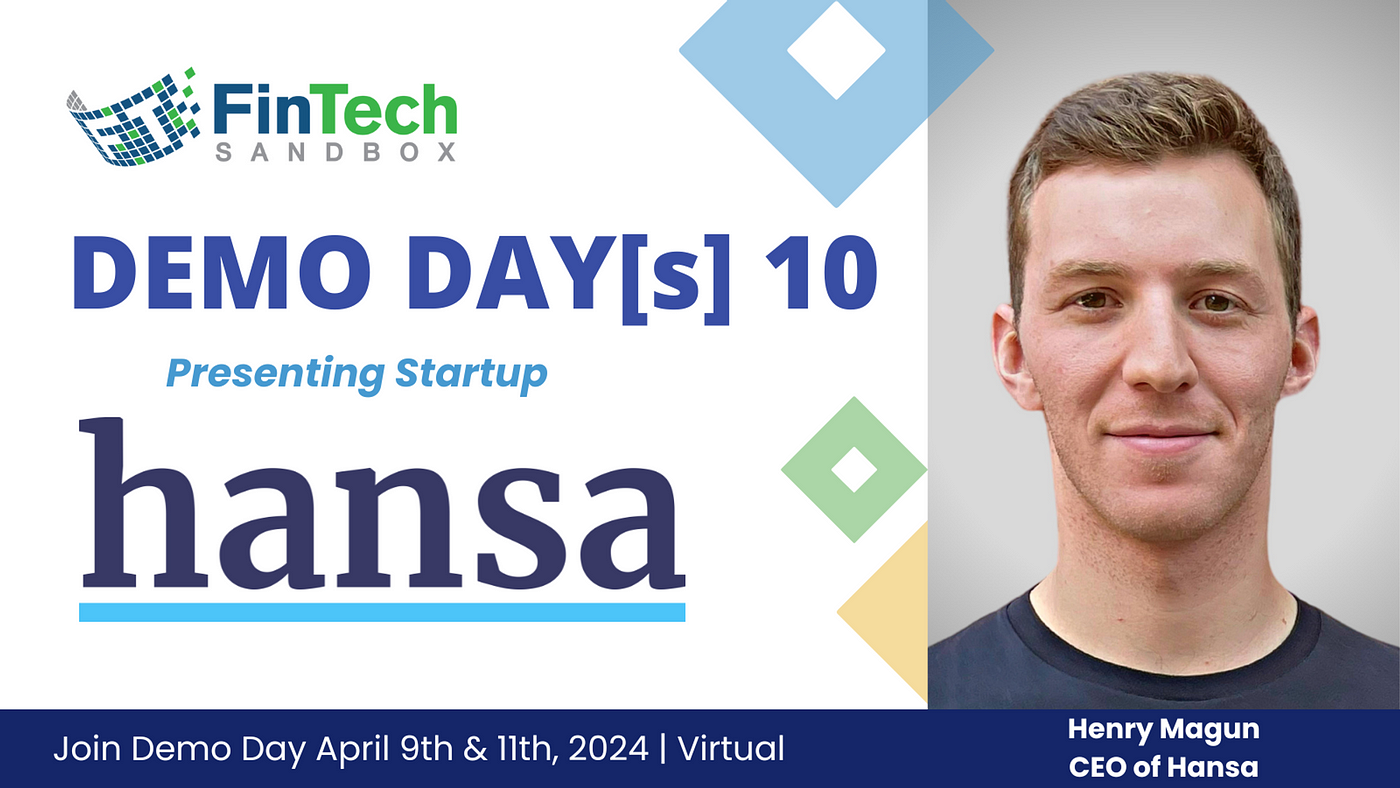
![Meet Boston Quantum — A Demo Day[s] 10 Presenting Startup](https://www.fintechsandbox.org/wp-content/uploads/2024/03/Boston_Quantum_Blog_Founder_Header-1.png)

![Meet Manifest — A Demo Day[s] 10 Presenting Startup](https://www.fintechsandbox.org/wp-content/uploads/2024/03/Manifest_Blog_Founder_Header.png)

